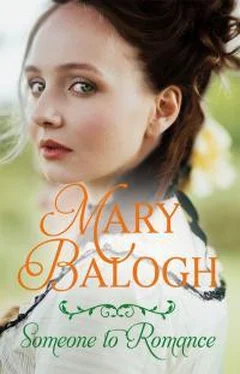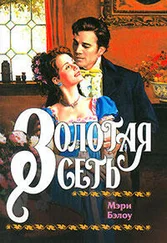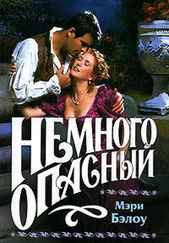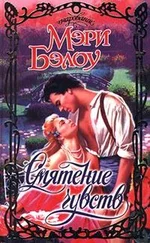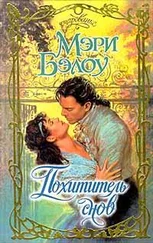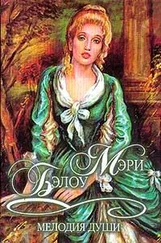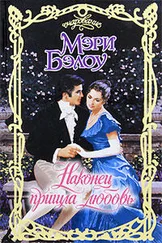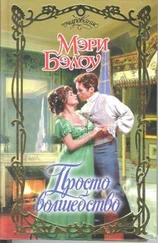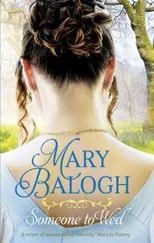“You have, sir,” she said, placing her hand in his. “I have not promised the set to anyone.”
A protesting murmur rippled through her court. She wondered if they would miss her. She wondered if she would miss them, if she would soon be nostalgic for this life she had lived since she left the schoolroom.
Elizabeth, she could see, was going to waltz with Colin, and Anna with Avery. Mr. Adrian Sawyer, Viscount Dirkson’s son, was leading Estelle onto the floor, and Bertrand was smiling down at a young girl Jessica did not know. Aunt Matilda was going to dance with Viscount Dirkson, a lovely thing to see when very few older people danced at ton balls, especially with their spouses. And they were smiling at each other, seemingly unaware of anyone else. Even Aunt Viola and Marcel, Marquess of Dorchester, were stepping onto the floor and looking at each other like a couple of people half their age.
What was it about the waltz that made one think of romance?
Jessica felt a momentary pang. But she had known for several years now that she was not going to find that deep, romantic sort of love that so many members of her family had found. She had decided very sensibly this year that at last she would marry anyway, that she would settle for a good man and a good match. And that was what she was doing. She was happy with her choice, for surely she had not just settled. She looked up into Gabriel’s face as he placed one hand behind her waist and clasped her right hand with his other. She really did want to be married to him, to face with him the unknown adventure that lay ahead. And she really did want him.
Tomorrow night . . .
She placed her left hand on his shoulder. He was gazing steadily at her with those dark blue, intent eyes of his, his look inscrutable. She wondered if he was having similar thoughts and coming to the same conclusion. She hoped it was not a different conclusion. She hoped he was not regretting this hasty marriage with someone he scarcely knew. He had not wanted to come back from America. He had not wanted to be the Earl of Lyndale or to return to Brierley. He was taking a bride out of sheer necessity. He had chosen the very best candidate available—she could think so without conceit. She had once told him—at Richmond Park—that when he looked at her, he saw only Lady Jessica Archer, daughter and sister of a Duke of Netherby. She had told him that if he wished to have a chance with her, he must come to know her , the person beneath the aristocratic veneer. Did he know her any better now than he had known her then?
Had she sold herself too easily?
The music began. And she discovered that he waltzed beautifully. She did not have to think of the steps. She did not have to fear missing one or treading on anyone’s toes or having her own trodden upon or crashing into any other couple. She did not have to fear getting her feet tangled up with each other during the twirls. She was soon unaware of the other dancers around her and of the people standing watching. She was unaware of the ballroom and the chandeliers and the long mirrors and the flowers decked everywhere, of their heady scent, all of which she had admired before he’d arrived.
She smiled into the eyes of her partner and felt a little as she had felt when he’d played Bach on Elizabeth and Colin’s pianoforte, as though she were being drawn into the soul of the music. But this time it filled her body too, and sound mingled with color and light. Yet all she was really aware of was the man with whom she waltzed.
He gazed steadily at her throughout. She lowered her eyes after a while to avoid being mesmerized, but when she looked back, his eyes met hers with a smile that did not quite make it to his face.
“Jessie,” he said. Just that.
That name on his lips somehow sent shivers down her spine.
“Gabriel,” she said.
And that was the full extent of their conversation.
Bertie Vickers came to Gabriel’s hotel suite the following morning in time to go to church with him. Gabriel had asked him to be his best man.
“I say, Gabe,” he said, looking his friend over from head to toe, “you look as fine as fivepence. It is a shame you are not getting married at St. George’s on Hanover Square with all the ton to gaze upon your splendor.”
Gabriel had decided upon knee breeches and stockings and buckled shoes and a lace-edged neckcloth. Even the sleeves of his shirt were edged with lace rather than plain starched cuffs. His breeches and waistcoat were silver gray, his tailed coat a darker gray. His stockings and linen were snowy white. Horbath had excelled with the folds of his neckcloth, and he had placed a diamond pin in just exactly the right place. He hoped he had not overdone the outfit, but Horbath had assured him he had not.
“A man has only one wedding day, sir,” he had said.
“It is quite enough,” Gabriel said now, “that I will have all the Westcotts and your parents in attendance, Bertie. Weddings are an abomination.”
“Ah. You had better not let your bride hear that, old chap,” Bertie advised. “Weddings are the breath of life to females. M’mother bought a new hat. M’father will have to sit three feet away from her on the church pew so that he don’t get clipped over the ear every time she turns her head.”
Gabriel chuckled, though he was feeling a bit too bilious for proper amusement. Who could have predicted that he would be nervous on his wedding day? He was horribly afraid that he was doing the wrong thing. All night he had been remembering snippets of what Jessica had said to him in that rather impassioned outburst at Richmond Park. She was really two persons, was what she had been saying—the very aristocratic Lady Jessica Archer, sister of the Duke of Netherby, and the person who lived within that aristocratic outer shell. She had wanted him to find that person, to romance that person. She had wanted him to fall in love with her, even if she had not used that term and had even, in fact, denied it.
She had wanted to fall in love herself, as her cousin had done, the one who had been more like a sister to her, the one for whom she had sacrificed her own expectations of happiness. And good God, it had seemed to Gabriel during the past few weeks that that family of hers on her mother’s side, the Westcotts, set great store by romantic love. They were a family of what looked like closely bonded couples. A goodly number of them had been out on the ballroom floor last night, waltzing. With each other. It must be almost unheard of. Husbands did not often dance with their wives. Husbands did not often dance. At least, not in his experience.
Yet despite what she had said to him there at Richmond, he was marrying her—in rather a hurry—because of her outer self. Because she was a duke’s daughter and as aristocratic as it was possible for a lady to be. Her natural public demeanor was hauteur itself. She was not the sort of woman who was likely to crumble before anyone who tried to intimidate her. Rather, she would draw herself to her full height, peer at her assailant along the length of her nose, and reduce that person to the size of a worm about to be trodden upon. He would feel comfortable going back to Brierley with Jessica as his wife and countess. No. Comfortable was not the right word. There was no comfort to expect from what was facing him. She gave him courage , then. Not that he had the smallest intention of leaning upon her.
It was time to go and get married. He shook out the lace that covered his hands to the knuckles and looked around for his hat and gloves and cane, which Horbath had of course set out neatly by the door.
He did like her, he thought. And he certainly wanted to bed her. She was a beautiful and appealing woman. The prospect of making love to her tonight, in fact—here in his hotel suite—quickened his breathing. He just wished there had been more time to romance her, to give her more of what she had wanted. He was cheating her of that. Perhaps after they were married . . .
Читать дальше
